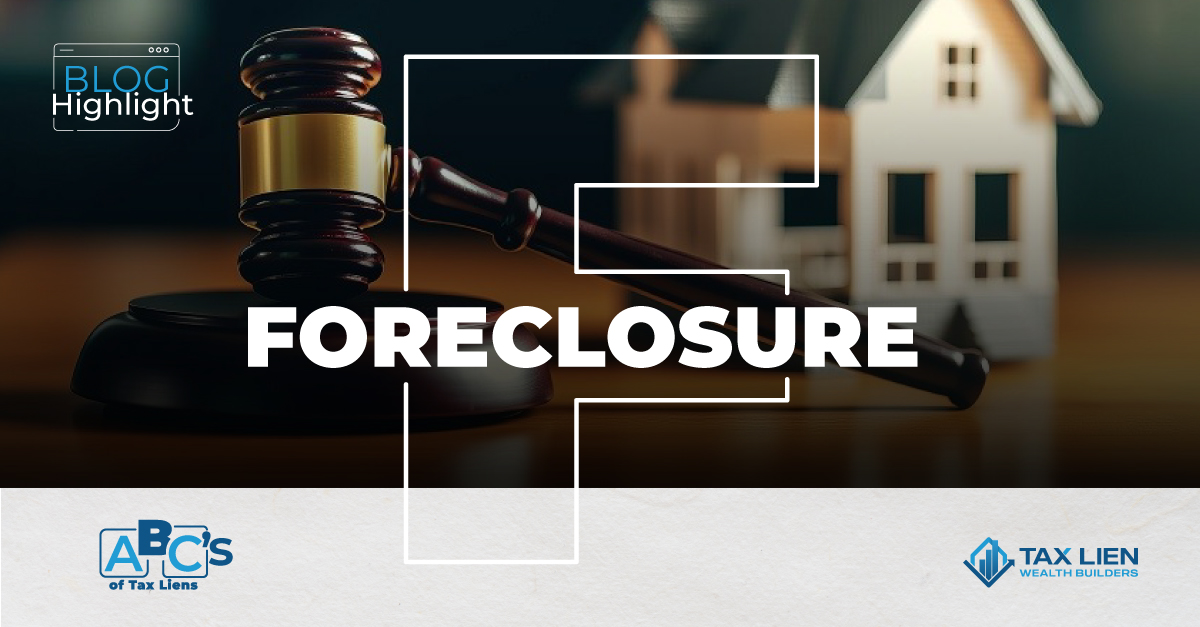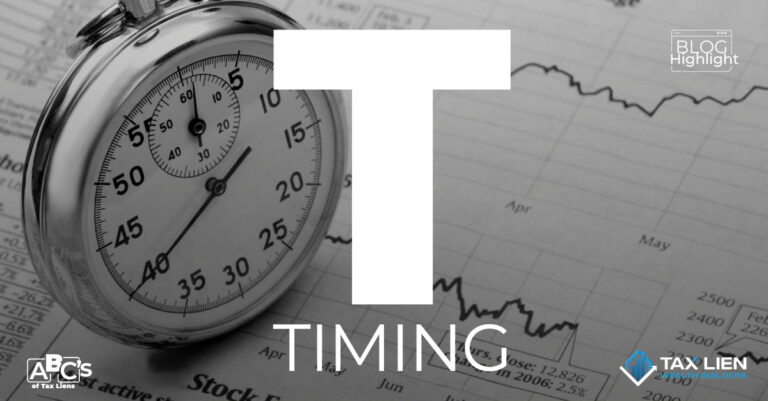How To Foreclose on Tax Lien and Tax Deeds
As a tax lien investor, you hold a powerful card – the potential to foreclose on a property if the owner fails to pay their overdue taxes within the specified redemption period.
This scenario is both thrilling and daunting, as the foreclosure process can come with complexities and expenses that require careful consideration and execution.
Understanding these details of foreclosure in tax lien investing is a good place to start:
Concepts Of Foreclosure
Definition:
Foreclosure is the legal process through which a tax lien investor may gain ownership of a property if the property owner fails to pay the overdue taxes within the specified redemption period.
Redemption Period Expiry:
The foreclosure option typically arises when the property owner does not redeem the tax lien by paying the overdue taxes and any accrued interest within the redemption period.
Lien Holder’s Decision:
As the lien holder, you have a decision to make when the redemption period expires. You can choose to initiate the foreclosure process to acquire ownership of the property.
Complexity of Foreclosure:
Foreclosing on a property is not a walk-in-the-park, it involves legal complexities and can be a lengthy and costly process. You should carefully evaluate the potential benefits against the challenges before deciding to pursue foreclosure.
Legal Requirements:
Each jurisdiction has specific legal requirements for the foreclosure process. You must adhere to these requirements, which may include filing legal documents, serving notices, and following a prescribed timeline.
Judicial vs. Non-Judicial Foreclosure:
Foreclosure processes can be judicial or non-judicial, depending on the jurisdiction. In a judicial foreclosure, the process goes through the court system, while a non-judicial foreclosure follows a set of procedures outside of court.
Notice to Property Owner:
Proper notice to the property owner is a crucial step in the foreclosure process. This notice informs the owner of the impending foreclosure and provides an opportunity for them to address the outstanding debt.
Public Auction:
In many cases, if foreclosure is pursued, the property is typically sold through a public auction. This auction allows interested buyers to bid on the property, and the money goes towards covering unpaid taxes and costs.
Investor’s Right of Ownership:
If the property is not sold at auction, and you’re the highest bidder, then congratulations, you become the proud new owner. This means you become the new property owner, subject to any remaining legal obligations or encumbrances.
Post-Foreclosure Obligations:
Upon successful foreclosure, you may have additional responsibilities. This can include maintaining the property, addressing any outstanding issues, and complying with local regulations.
Considerations before Foreclosure:
You should take a step backward and consider the costs, time, and potential risks associated with foreclosure. It’s essential to weigh these factors against the potential benefits, such as acquiring a valuable property at a lower cost.
Alternative Strategies:
Keep in mind, foreclosure is not your only option. You can choose to sell the tax lien to another investor, negotiate with the property owner, or explore other exit strategies based on the specific circumstances.
Understanding the foreclosure process is a key part of tax lien investing, but it’s equally important to approach it with caution and a thorough understanding of the legal and financial implications.
Deciding whether to pursue foreclosure requires careful consideration of both the potential rewards and the associated complexities and costs.







